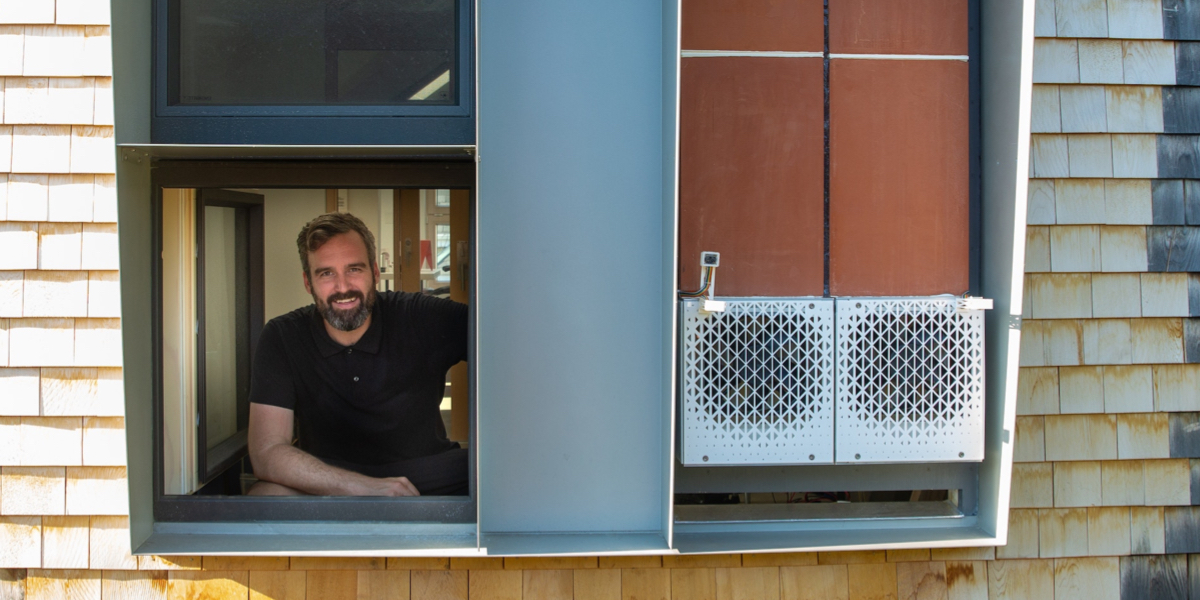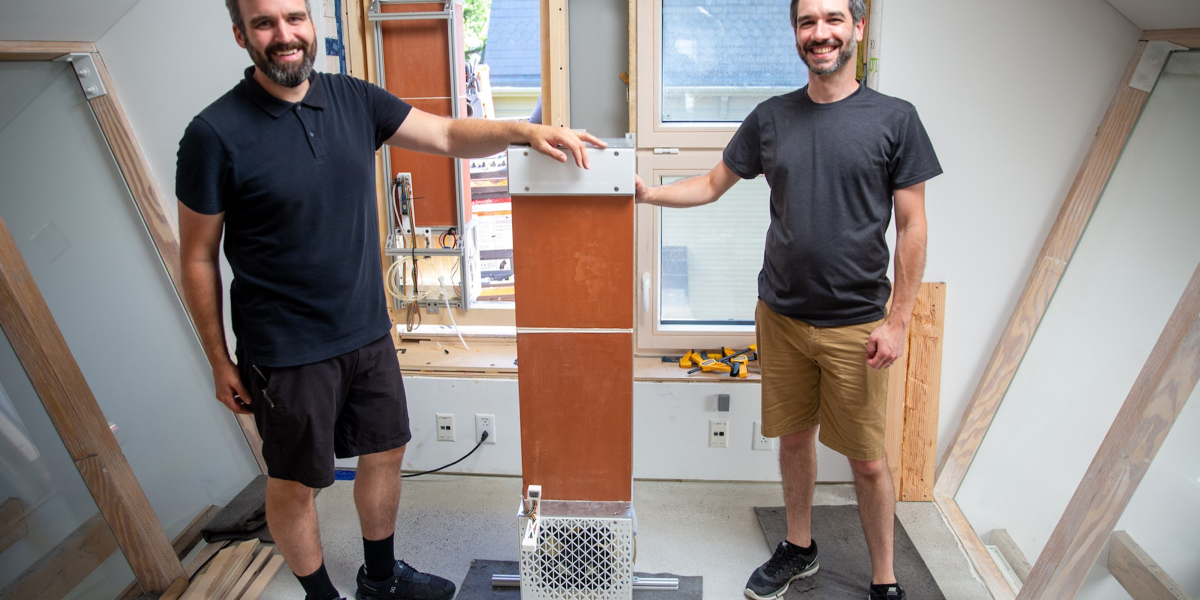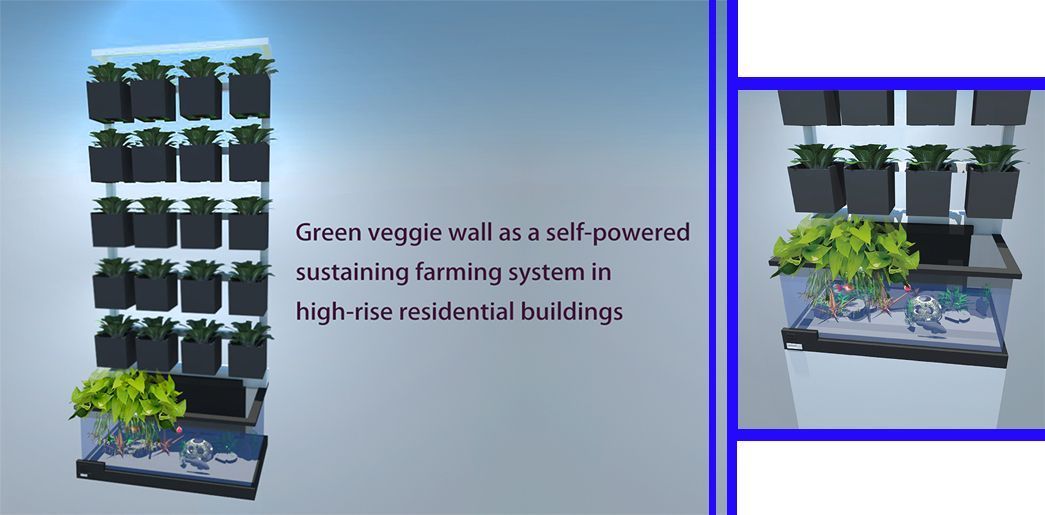AWARD YEAR
2023
CATEGORY
Home
GOALS
Sustainable Cities & Communities, Responsible Consumption & Production, Climate Action
KEYWORDS
Air conditioner, air conditioning, cooling system
COUNTRY
United States of America
DESIGNED BY
Joanna Aizenberg, Martin Bechthold, Jack Alvarenga, Jonathan Grinham & Ally Chang
WEBSITE
https://wyss.harvard.edu/technology/cold-snap-eco-friendly-air-conditioning/
coldSNAP
Eco-Friendly Air Conditioning
How does it work?
coldSNAP is an evaporative-cooling-based system that uses a specially coated ceramic to cool air without adding humidity. coldSNAP is a durable, low-cost, low-energy EC system that can work efficiently in hot and hot-humid climates, and could one day replace vapor-compression coolers with a much more environmentally friendly option.
Inspired by the water repellency of duck feathers, coldSNAP consists of 3D-printed ceramic coated with a novel, nanoscale hydrophobic material. The coating effectively isolates water vapor from the air that is released into a building, preventing it from becoming humid while promoting heat transfer to maximize cooling.
Why is it needed?
As average global temperatures steadily climb, the worldwide demand for air conditioning is expected to triple by 2050. Conventional air conditioners, while cheap to manufacture, still rely on inefficient mechanical vapor compression methods developed almost a century ago to cool and dehumidify air, making them one of the largest consumers of energy in industrialized countries. An alternative cooling method called evaporative cooling (EC) uses up to 75% less energy than vapor-compression systems, but EC only works well in relatively dry climates because it adds moisture to the cooled air, making it less effective in humid areas.
How does it improve life?
This technology is currently being de-risked at the Wyss Institute. The team is working with an industrial partner in Spain, Faveker, to develop manufacturing techniques that can be used to produce coldSNAP cooling units at scale. They are also working with Harvard’s HouseZero to test coldSNAP’s cooling capabilities in real-world conditions.






